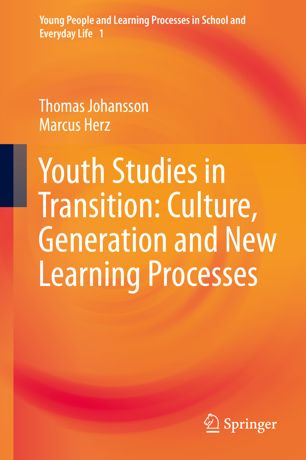

Most ebook files are in PDF format, so you can easily read them using various software such as Foxit Reader or directly on the Google Chrome browser.
Some ebook files are released by publishers in other formats such as .awz, .mobi, .epub, .fb2, etc. You may need to install specific software to read these formats on mobile/PC, such as Calibre.
Please read the tutorial at this link: https://ebookbell.com/faq
We offer FREE conversion to the popular formats you request; however, this may take some time. Therefore, right after payment, please email us, and we will try to provide the service as quickly as possible.
For some exceptional file formats or broken links (if any), please refrain from opening any disputes. Instead, email us first, and we will try to assist within a maximum of 6 hours.
EbookBell Team

4.7
66 reviewsThis book provides an updated and fresh introduction to recent theoretical developments in youth studies. It expands upon these developments and introduces new discussions and perspectives. It presents three central theoretical traditions in youth studies, and explores the possibilities of redefining some of the central concepts, but also of combining different theoretical perspectives. After depicting the theoretical landscape of youth studies, the book explores generations and new subjectivities. Next, it examines subcultures and transitional spaces, mediatization and learning processes. One chapter is set aside for a discussion on the body, the self and habitus, and this is followed by a chapter on postcolonial spaces. Before presenting its conclusions, the book delves into the development of youth studies, theory and everyday life. All together the book taps into what is happening in the everyday lives of young people, and employs a methodology that can be used to create bridges between young people’s voices and experiences on the one hand and societal and cultural transformations on the other.